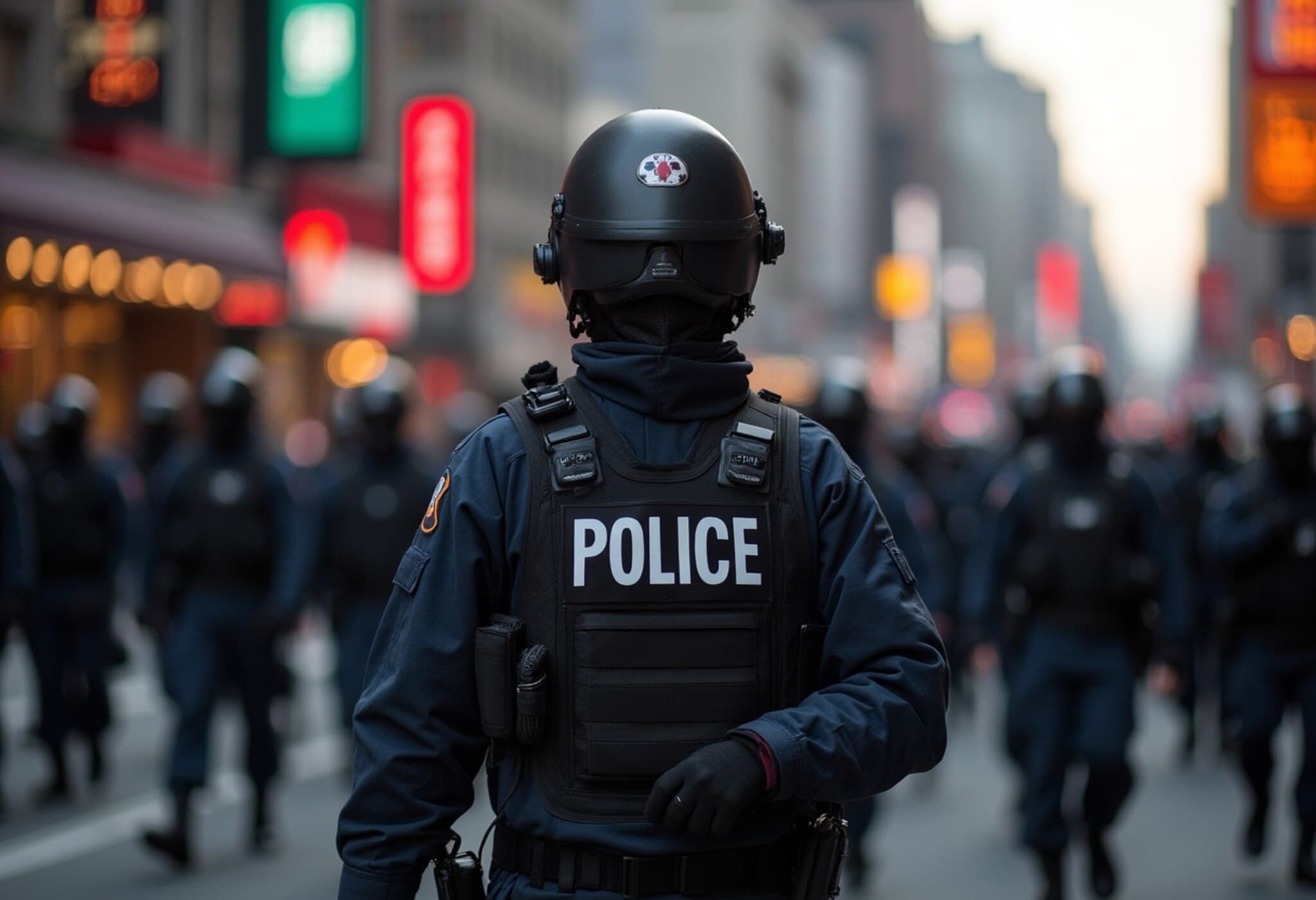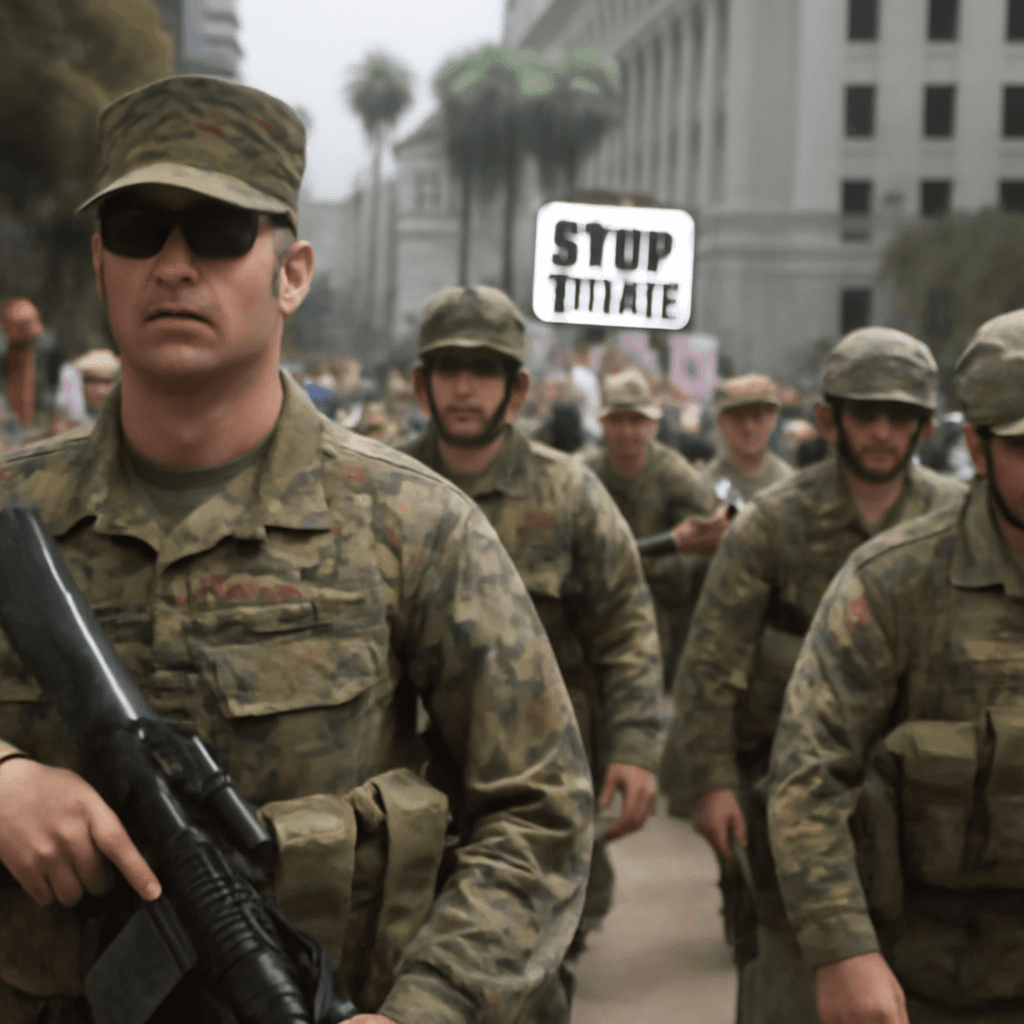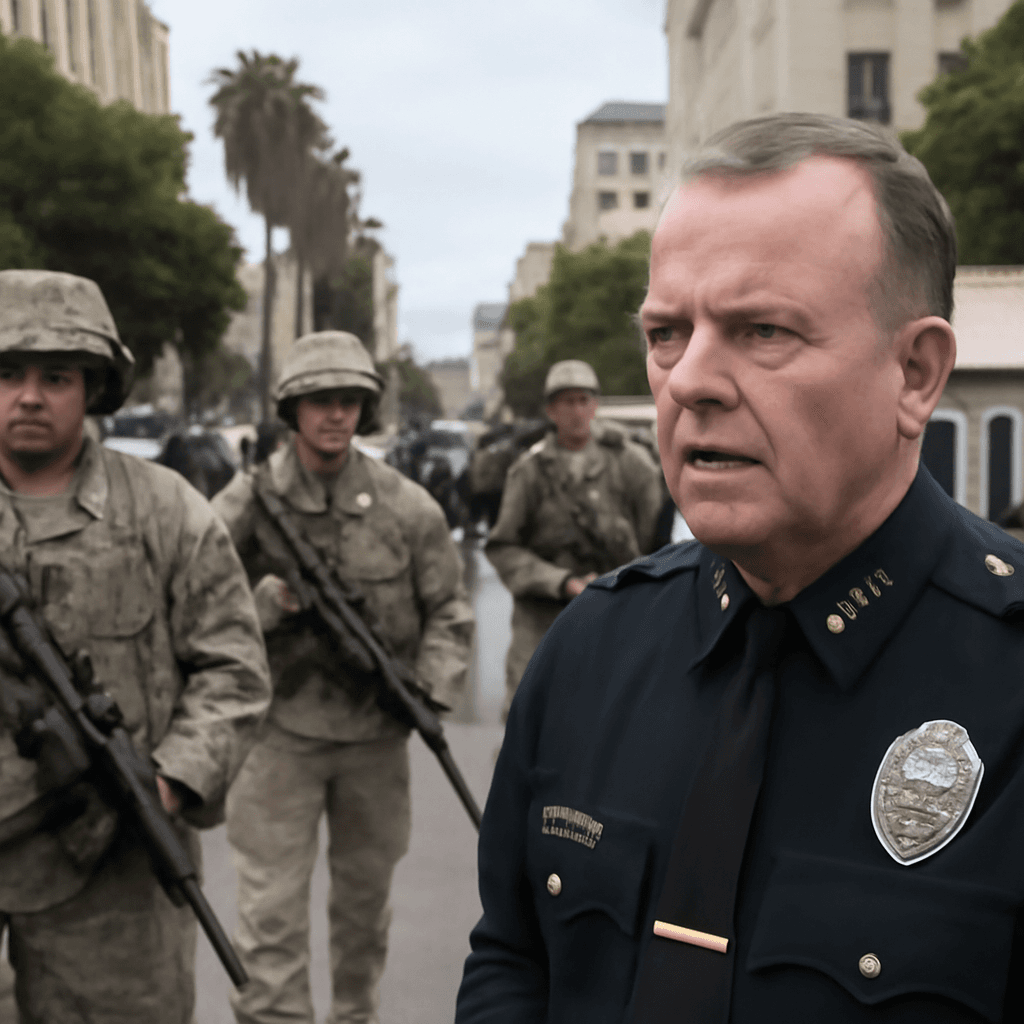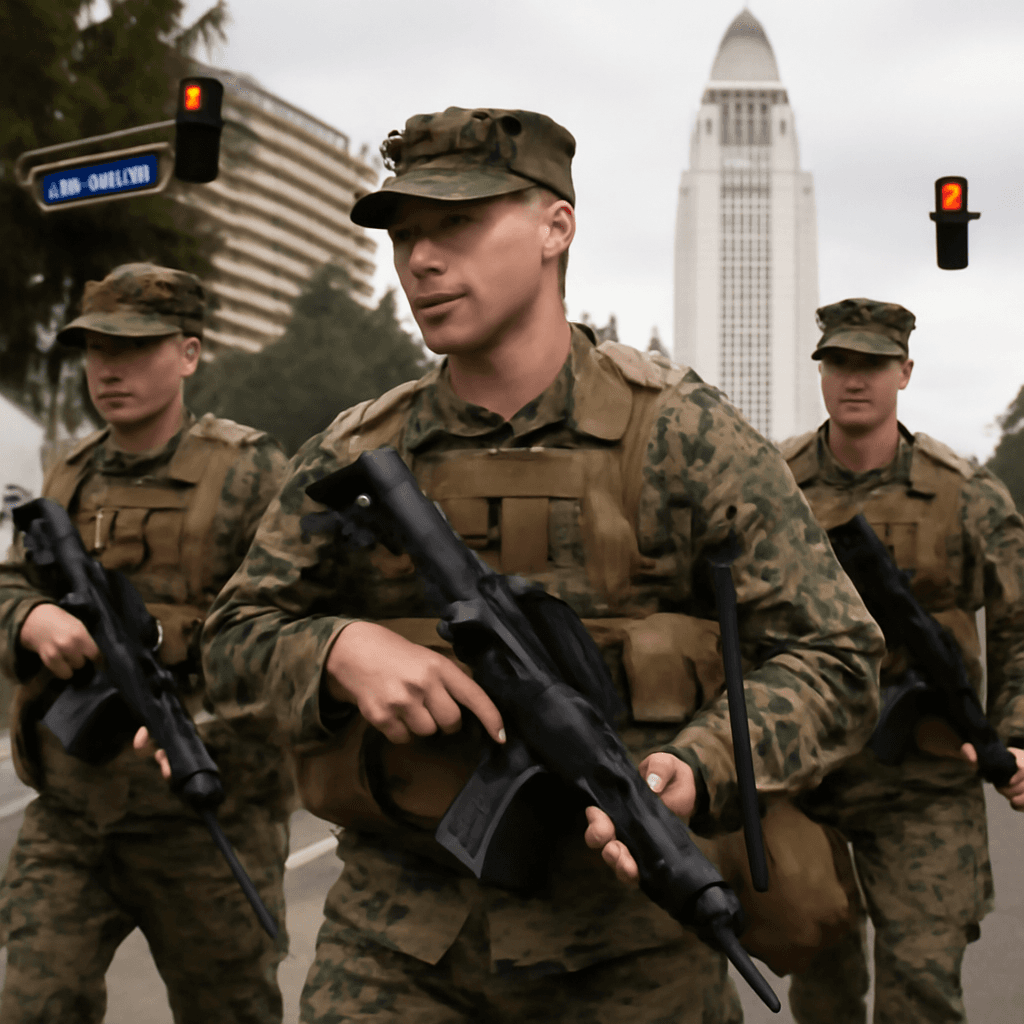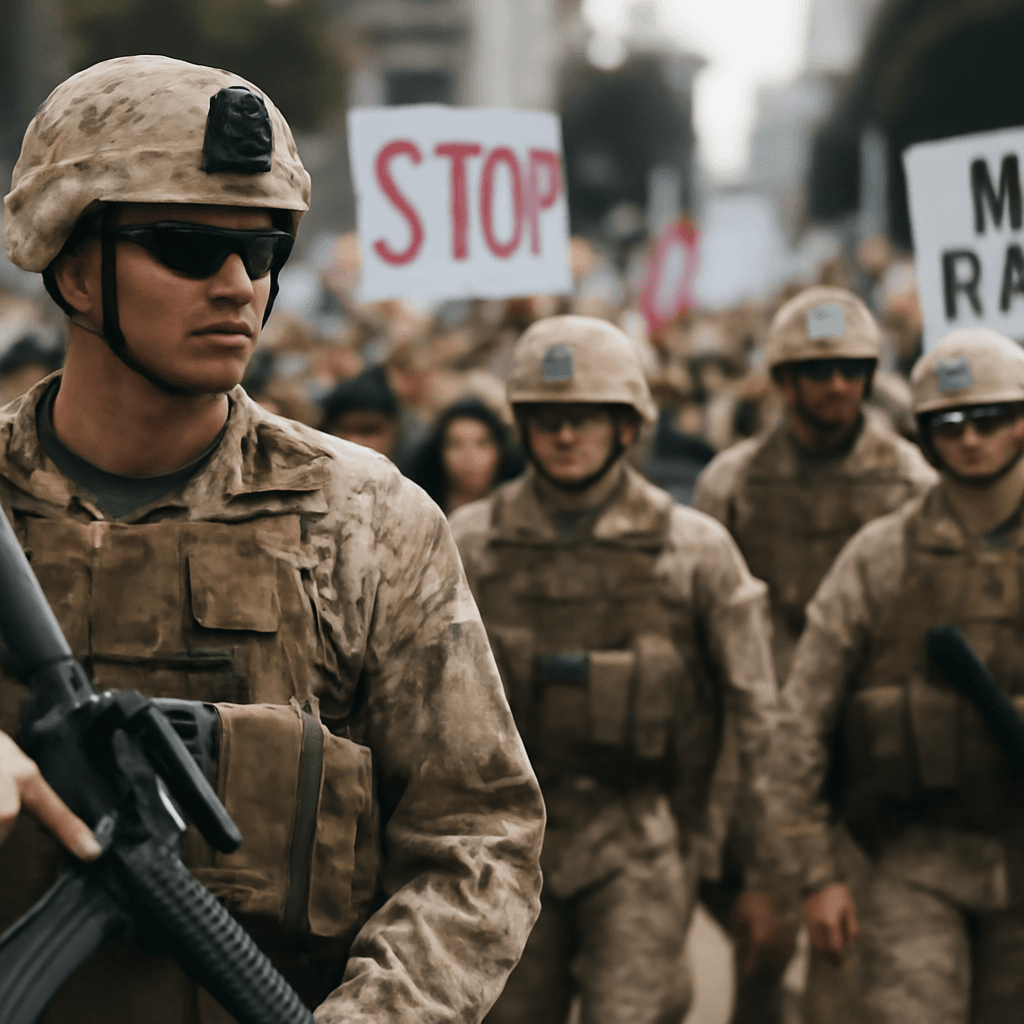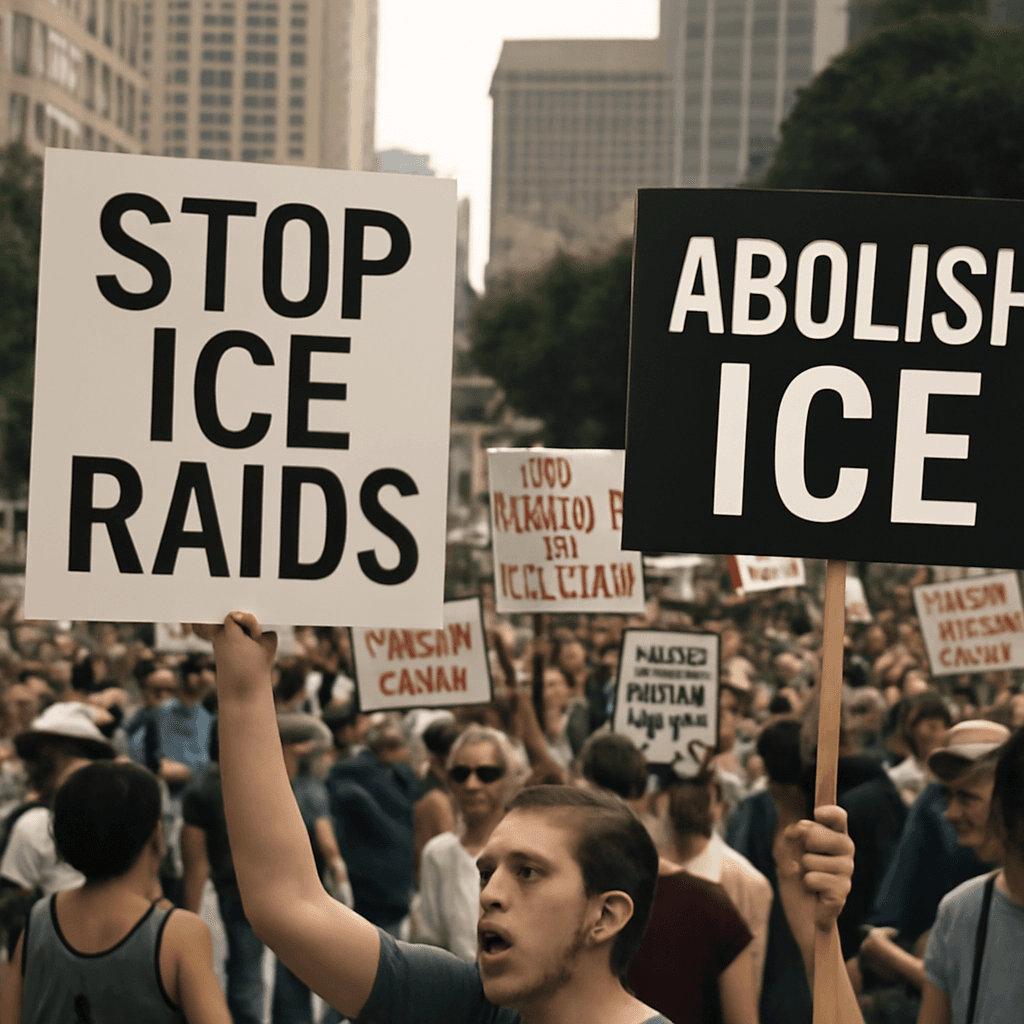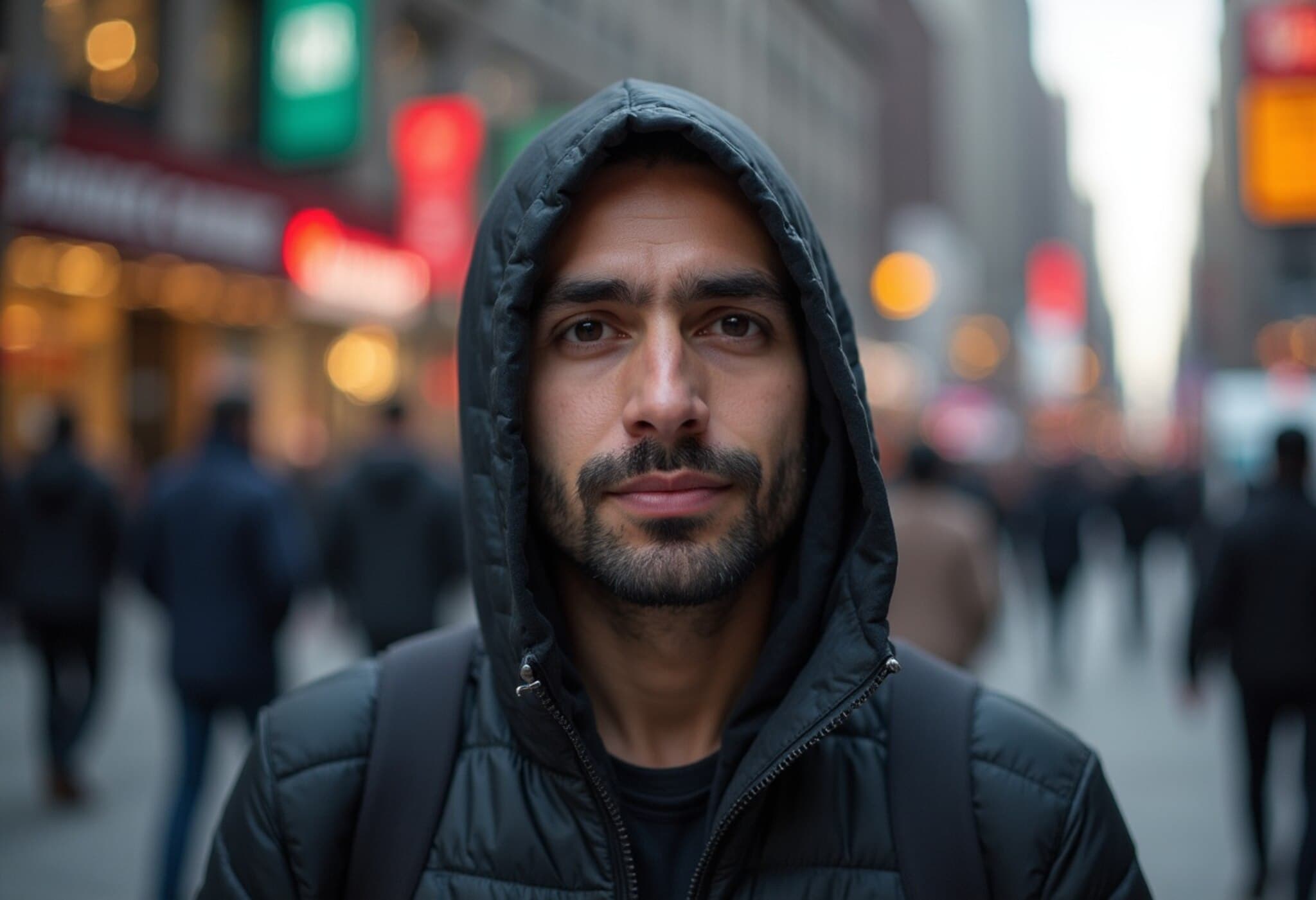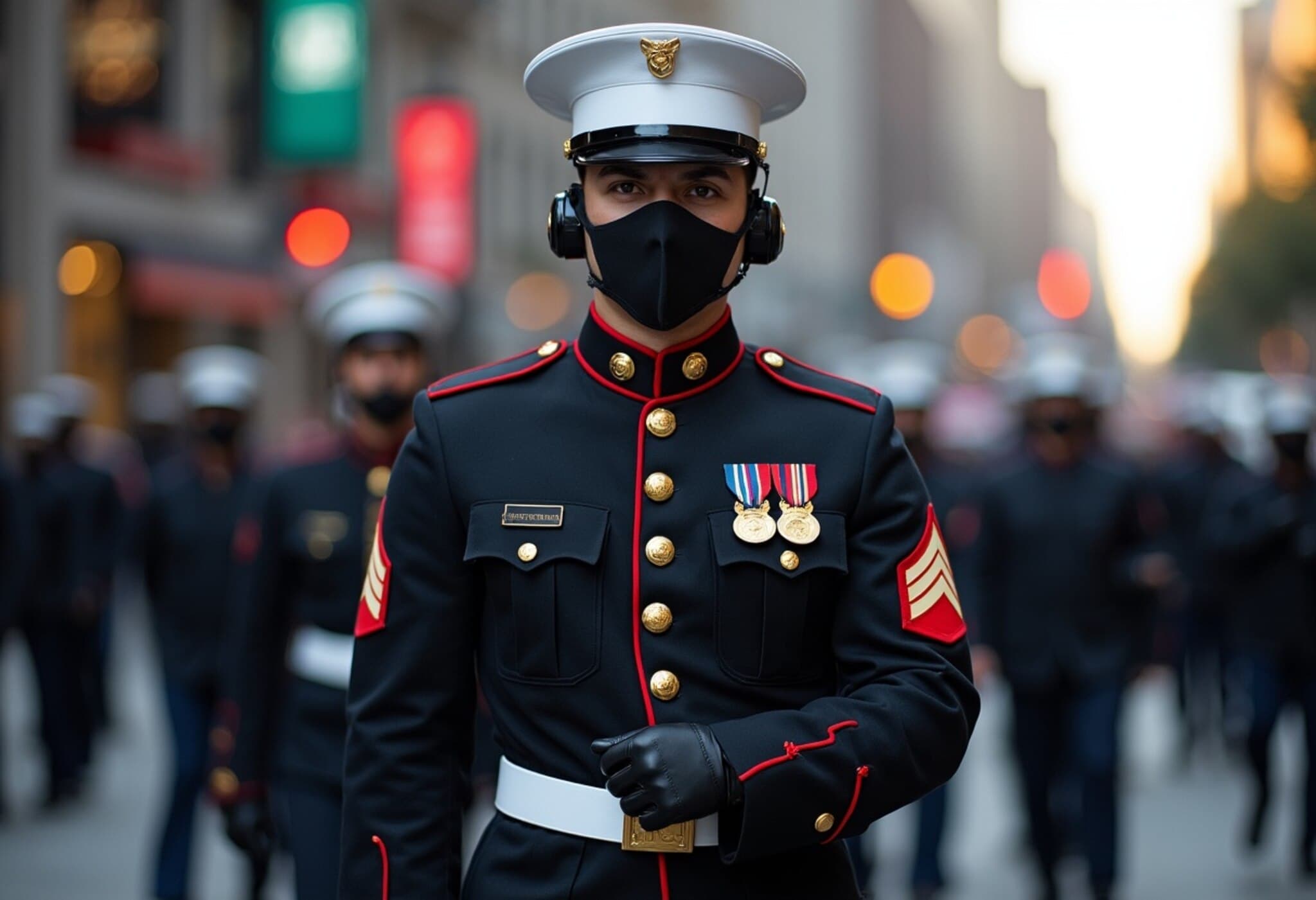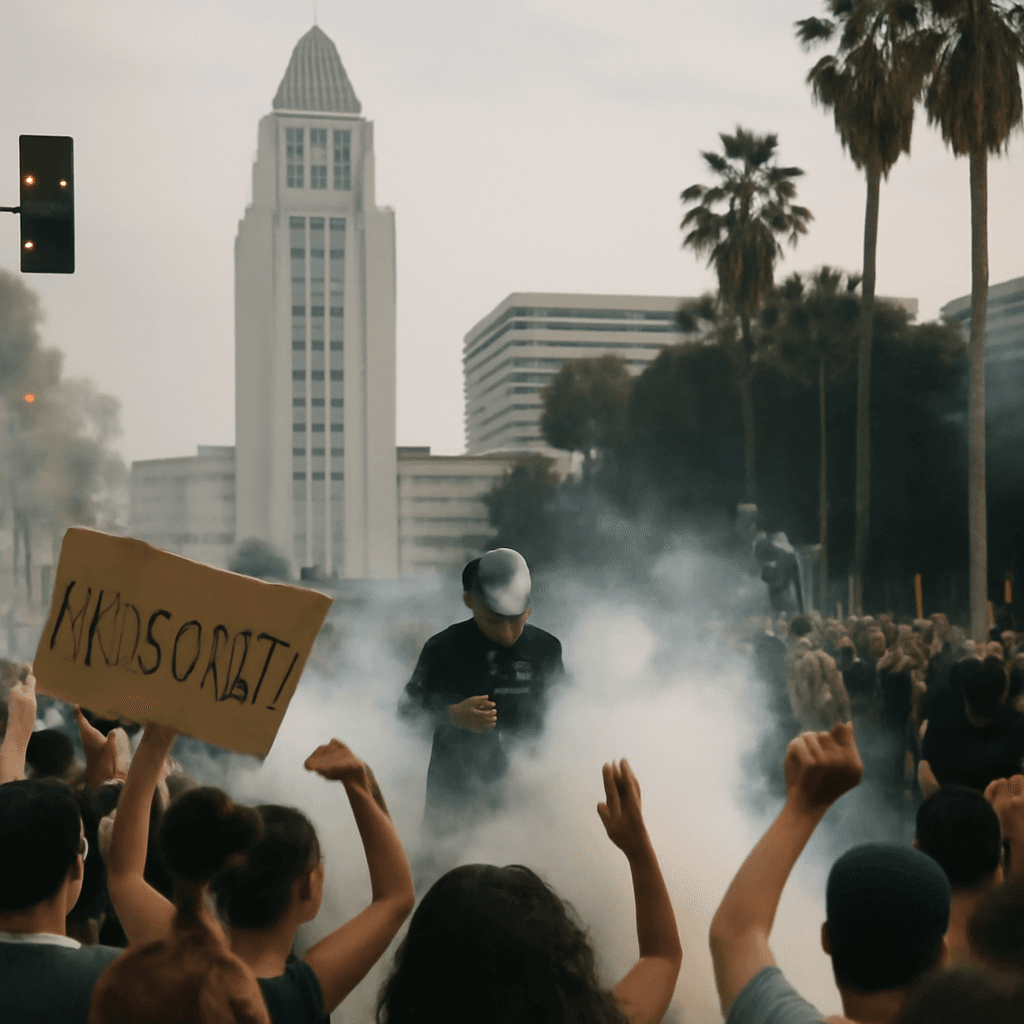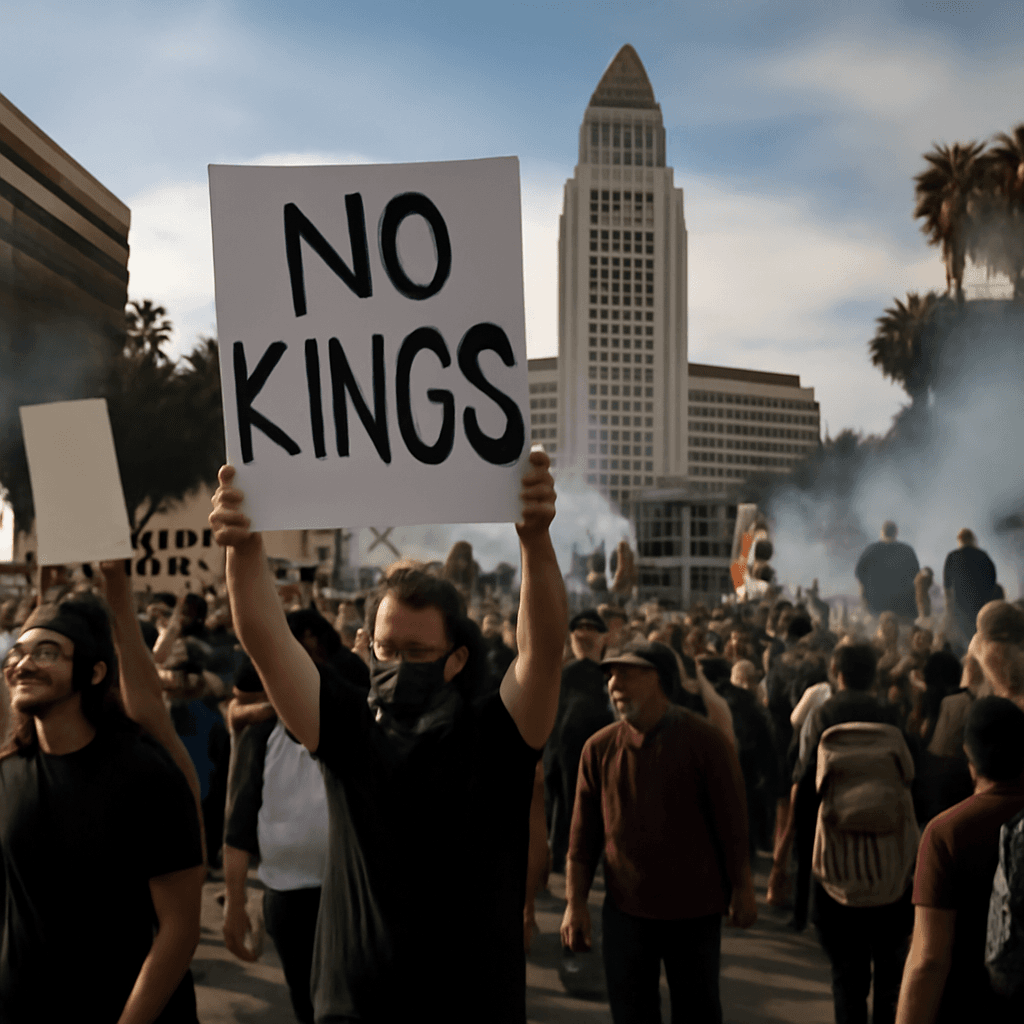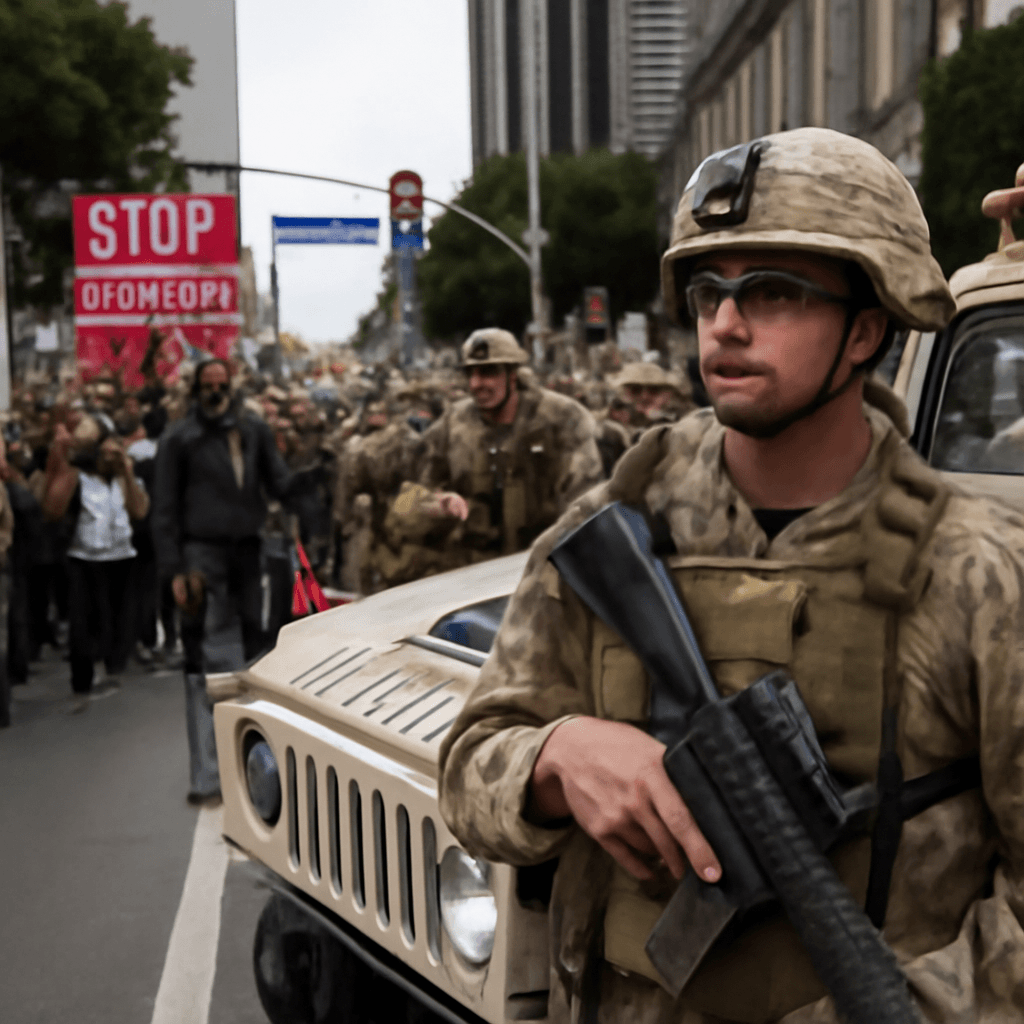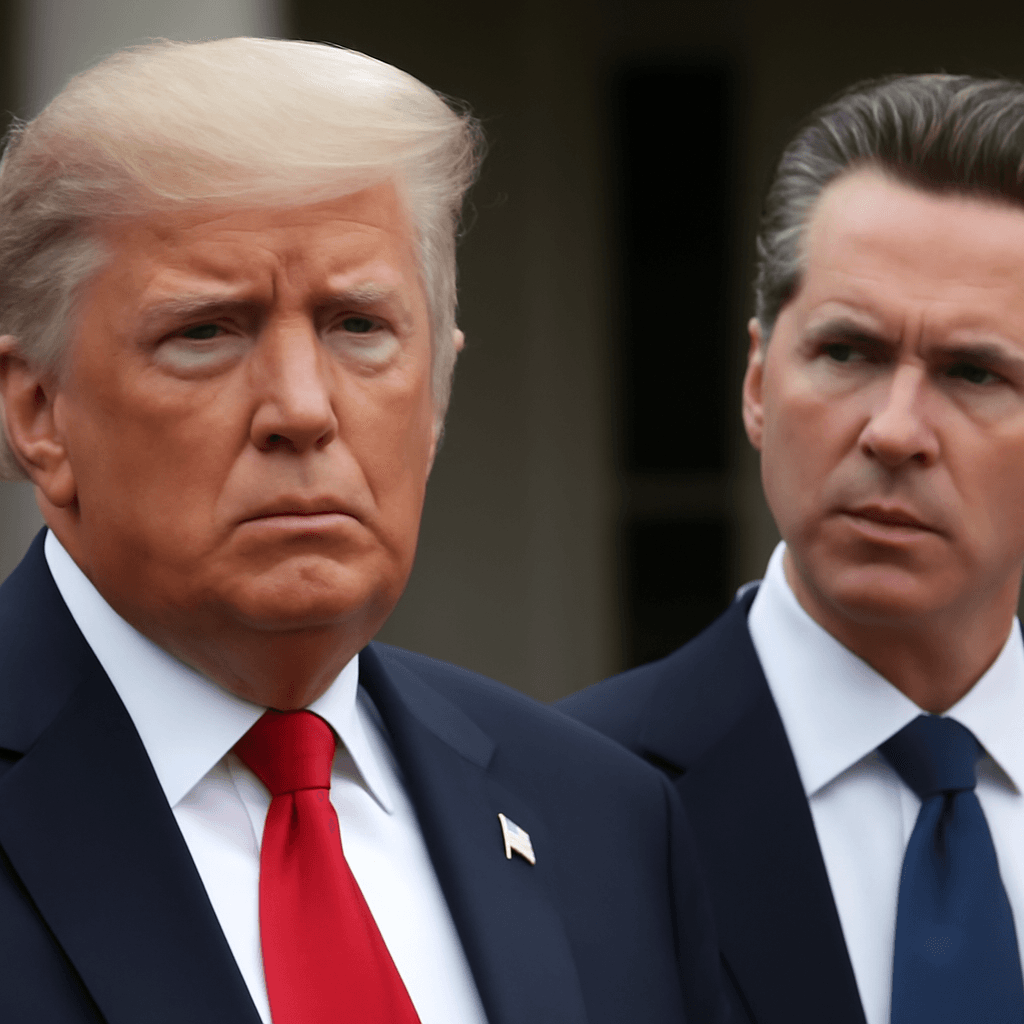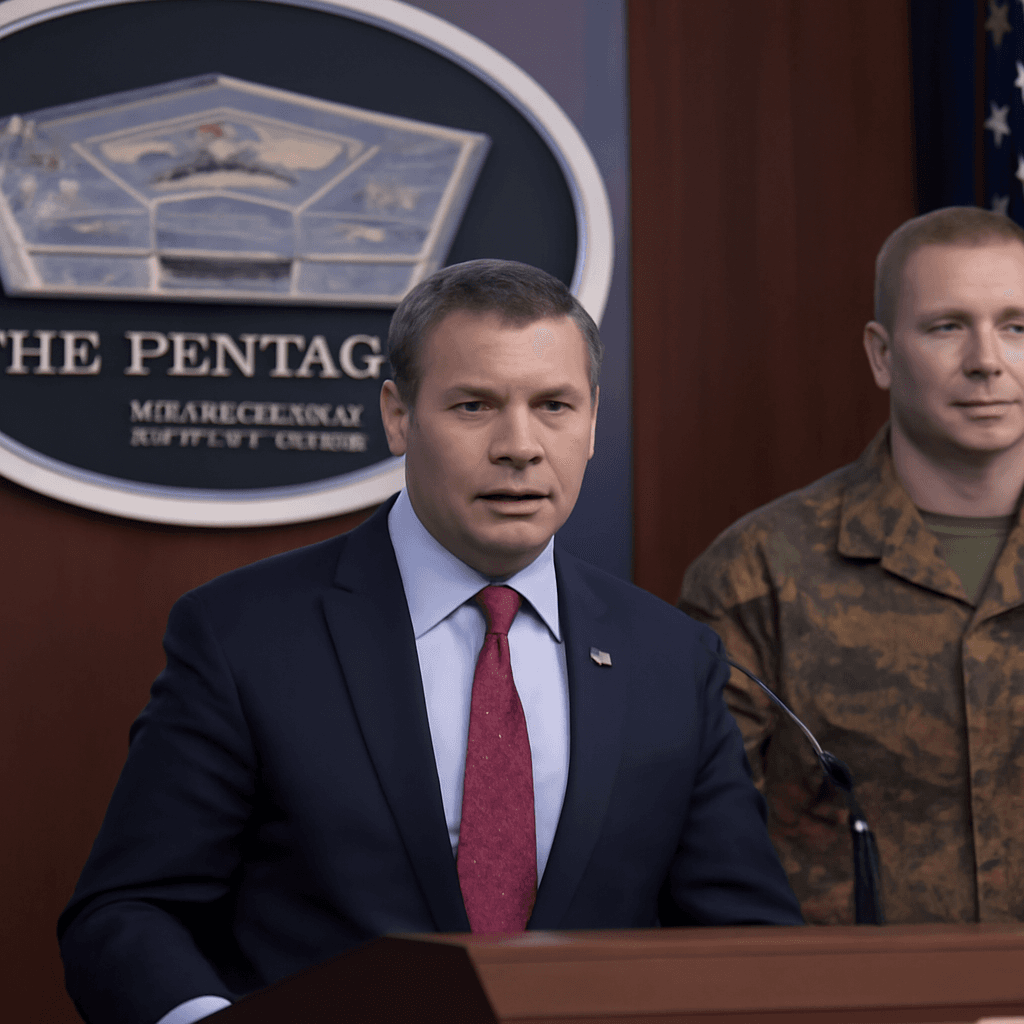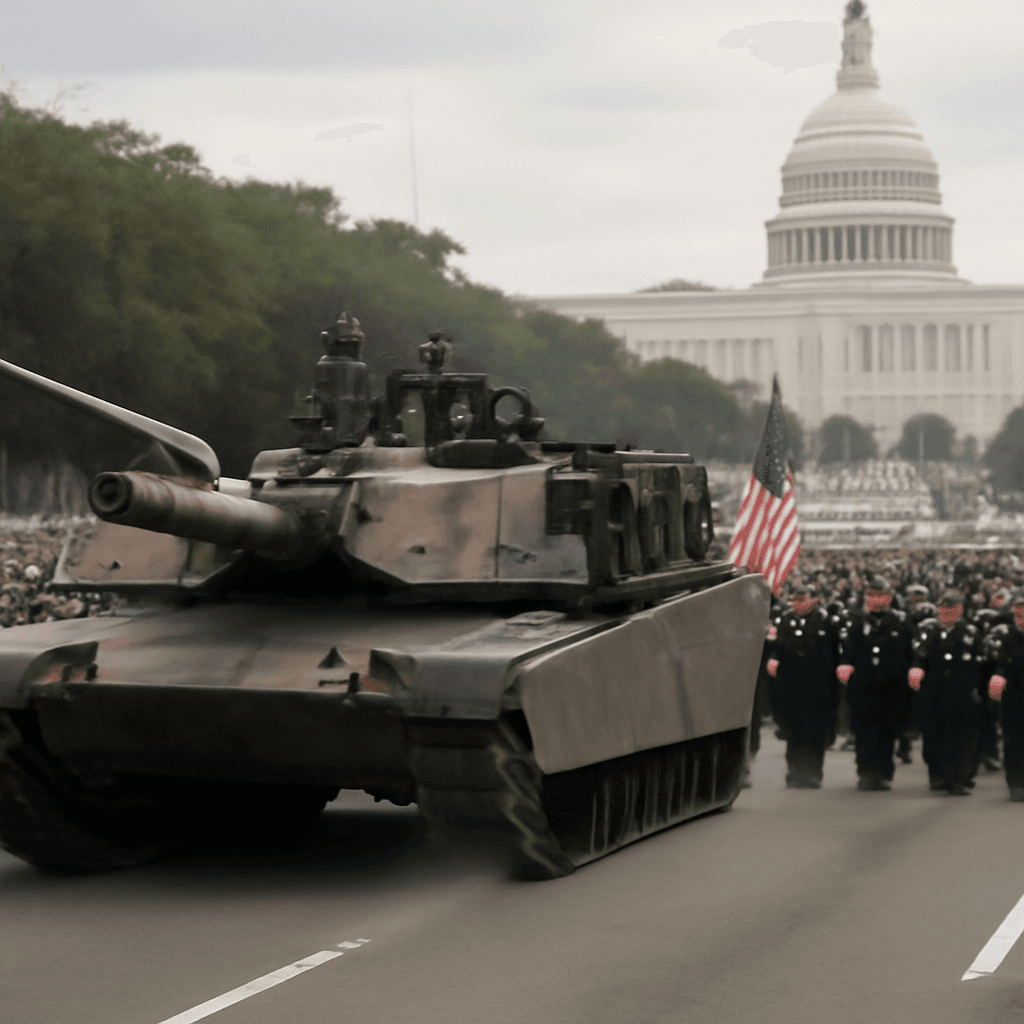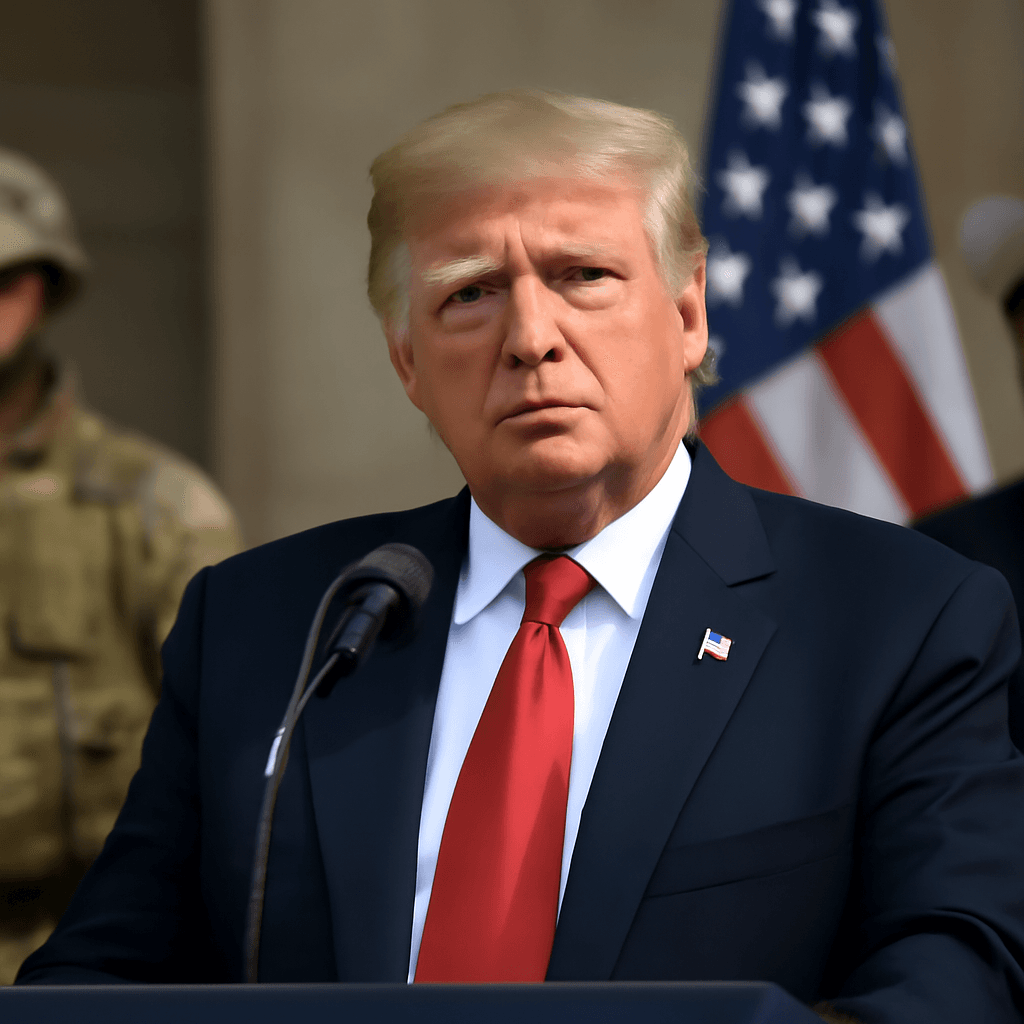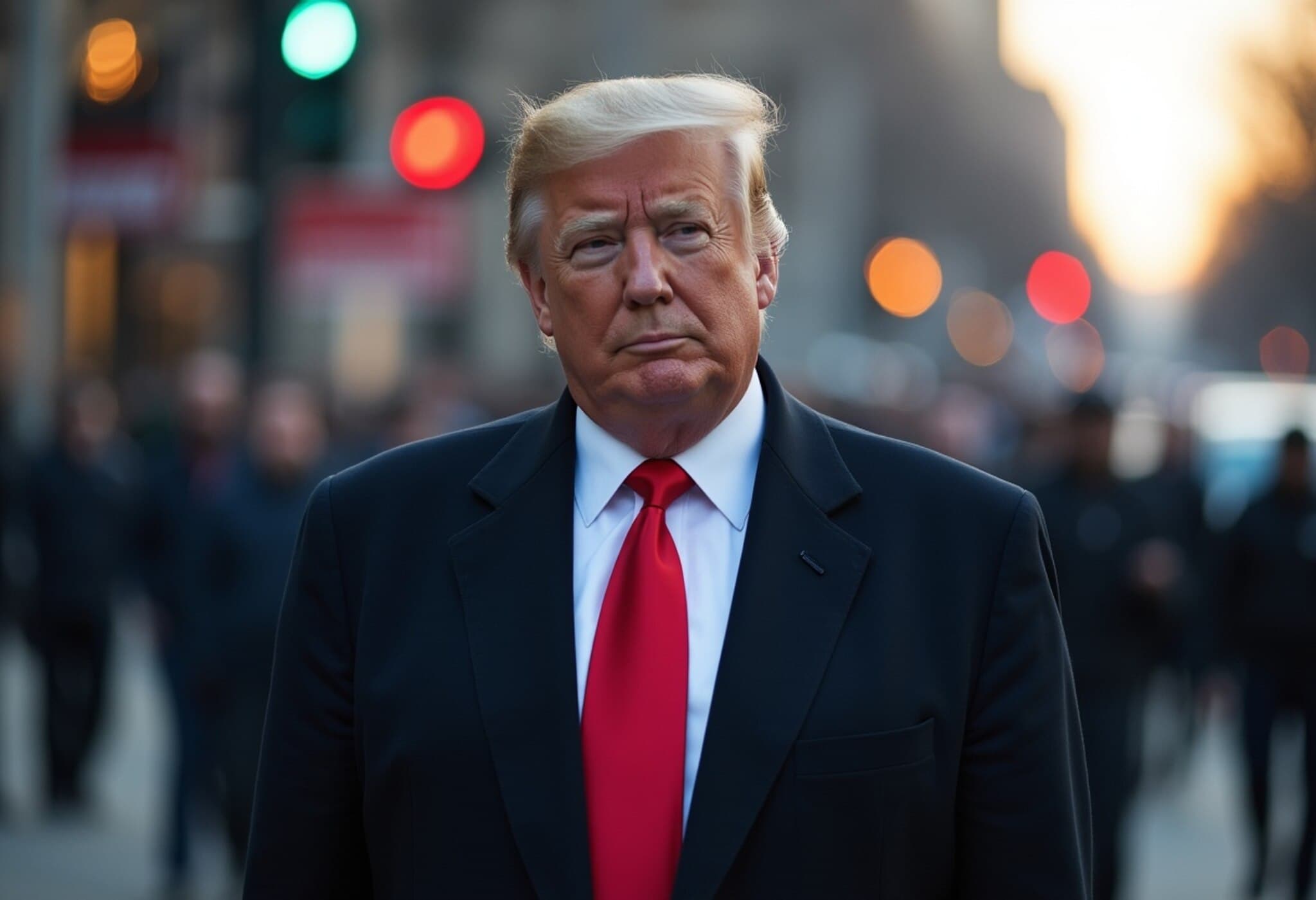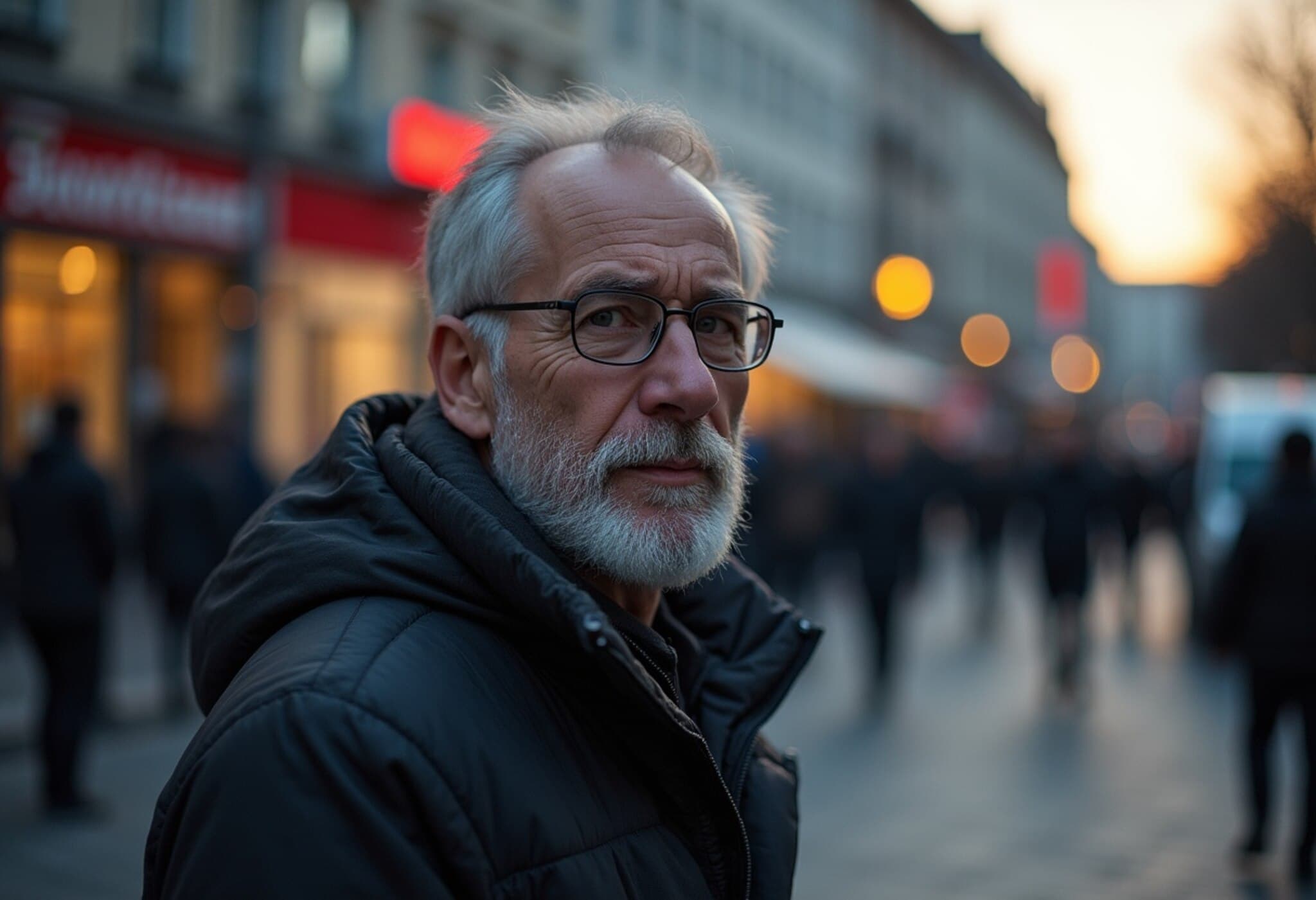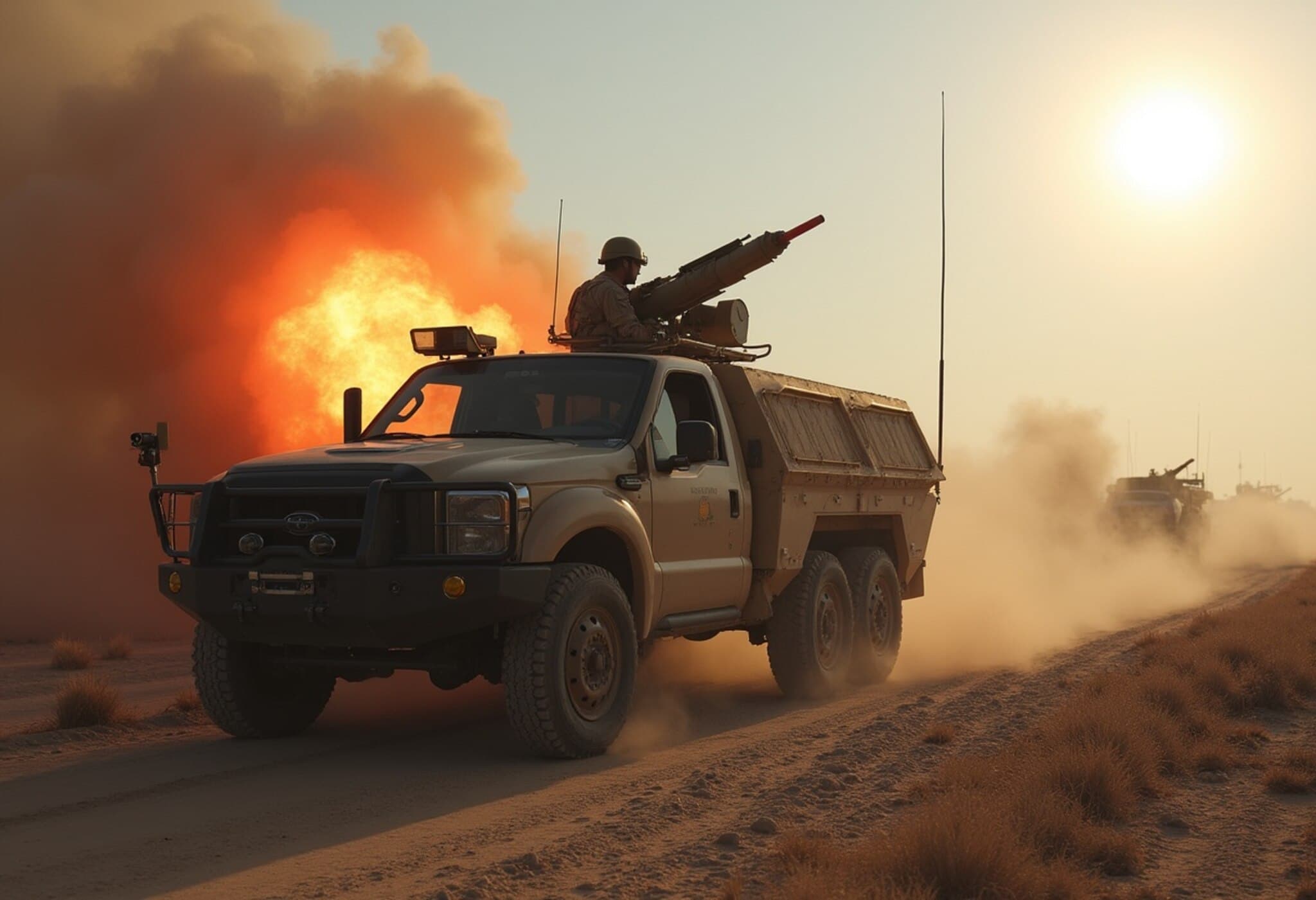Trump Sends Troops to Los Angeles Amid Immigration Protests
In a move to quell rising unrest in Los Angeles, President Donald Trump authorized the deployment of the National Guard and Marines to the city. The administration claims this action aims to "liberate" Los Angeles from escalating violence tied to protests against recent immigration raids. However, residents and local leaders view the military presence as a catalyst that has intensified tensions rather than restored order.
Little Tokyo Residents Push Back on Military Presence
Little Tokyo, a culturally rich neighborhood known for its vibrant Japanese community and businesses, has become a hotspot for nightly demonstrations. Here, locals have voiced their vehement opposition to the armed intervention. Sulieti Havili, a 25-year-old resident and active community organizer, expressed frustration, saying the National Guard and Marines' arrival "has only made things worse" and "provoked the protesters." Alongside her partner, Nolberto Aguilar, Havili has been working on community clean-up efforts amid the unrest, highlighting the disruption caused by the military deployment.
Aguilar, 42, shared that the show of force seems counterproductive, stating it undermines the will of Los Angeles residents and local authorities while exacerbating the fallout from recent Immigration and Customs Enforcement (ICE) raids.
Protests Fuelled by Immigration Raids
The Trump administration maintains that immigration enforcement efforts target individuals unlawfully present in the country. Nevertheless, many locals argue that these operations unfairly impact law-abiding immigrants, sparking widespread protest. Anti-ICE and anti-Trump slogans have appeared on the walls of Little Tokyo, which has seen nights of confrontations between protesters and the National Guard.
Local Officials Voice Deep Concern
California Governor Gavin Newsom criticized the military deployment, describing it as an action that "inflamed a combustible situation" and warned that "democracy is under assault." Similarly, Los Angeles Mayor Karen Bass condemned the federal government's move, accusing it of deliberately sowing chaos in the city.
The Trump administration, however, pushes back against these claims, insisting that its response came as a necessary measure due to what it deems local and state governments’ failure to manage the disorder effectively.
Community Voices Reveal Fear and Frustration
In conversations with several community members, including immigrants or those with immigrant family members, a recurring theme of fear emerged. Many wish to remain anonymous out of concern for possible retaliation by immigration authorities.
Anthony, a tea shop worker in Little Tokyo, described the situation as deteriorating since the arrival of National Guard troops and Marines. He believes the military presence is only inciting further aggression among protesters. Meanwhile, Samantha Lopez, employed in a nearby ice cream parlor and a descendant of Filipino immigrants, empathizes with peaceful demonstrators but condemns any property damage or violence. Still, she attributes the unrest mainly to how authorities have managed the protests.
Escalating Clashes and the Nightly Struggle
For several nights, police and military forces have used tactics such as flashbang grenades and other less-lethal munitions to disperse protesters who often regroup in Little Tokyo. The neighborhood, characterized by its close proximity to federal buildings, has become a battleground where tensions continue to simmer under a heavy military presence.
Looking Ahead
As Los Angeles navigates these fraught moments, the clash between federal enforcement policies and local community sentiment remains at the forefront. The debate over immigration enforcement, civil liberties, and public order underscores a complex challenge with no easy resolution in sight.

